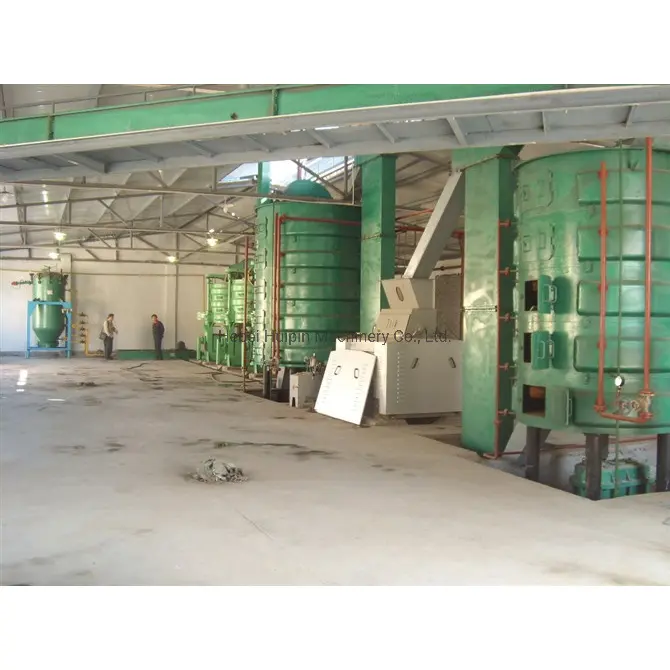ធ្នូ . 01, 2024 16:05 Back to list
grain oil refining unit product
The Process of Grain Oil Refining and Its Importance in the Food Industry
Grain oil refining is a critical process in the production of edible oils, which are essential for human consumption and various industrial applications. The significance of this process cannot be understated, as it ensures that the oils derived from grains are safe, palatable, and suitable for cooking and food manufacturing. This article explores the methods of grain oil refining, its importance, and its impact on the food industry.
Understanding Grain Oil
Grain oils are extracted from seeds and grains, including corn, soybeans, sunflower, and other cereal crops. These oils are packed with nutrients, including essential fatty acids and vitamins. However, raw oil extracted from grains may contain impurities such as phospholipids, free fatty acids, pigments, and other unwanted substances that affect the oil's quality, stability, and taste. This is where refining comes into play.
The Refining Process
The refining of grain oils typically involves several steps designed to purify the oil and enhance its properties. The main steps in the refining process are as follows
1. Degumming This initial stage involves removing phospholipids and other hydrophilic substances from the oil. Water is added to the crude oil, causing these substances to hydrate and separate, allowing them to be discarded.
2. Neutralization During this step, free fatty acids are removed by treating the oil with an alkali, usually sodium hydroxide. This process ensures that the oil's acidity is reduced, improving its flavor and shelf life.
3. Bleaching The next phase involves the removal of pigments and color compounds, which can affect the oil's appearance. The oil is mixed with adsorbents such as activated clay or silica, which bind to unwanted color compounds and are then filtered out.
4. Deodorization This critical step involves heating the oil under a vacuum to eliminate volatile compounds that contribute to odors and flavors. The result is a neutral oil that has a longer shelf life and a more appealing taste.
5. Winterization (optional) For certain oils, particularly those high in saturated fats, winterization may be performed. This process involves chilling the oil to allow waxy components to crystallize and be removed, preventing cloudiness when the oil is refrigerated.
grain oil refining unit product

The Importance of Refining
The refining of grain oils is paramount for several reasons
- Safety The refining process eliminates potentially harmful substances, making the oil safe for consumption.
- Shelf Life Refined oils have a longer shelf life compared to crude oils, which is essential for commercial distribution and storage.
- Flavor and Appearance The refining process enhances the taste, color, and aroma of the oil, making it more appealing to consumers and suitable for various culinary applications.
- Versatility Refined grain oils can be utilized in a wide range of food products, including salad dressings, baked goods, and margarine, due to their neutral flavor and high smoke point.
Impact on the Food Industry
The grain oil refining industry plays a vital role in the broader food sector. As consumer awareness of health and nutrition rises, there is a growing demand for high-quality edible oils that offer health benefits without compromising taste. Refined grain oils, particularly those low in trans fats and saturated fats, contribute to healthier eating habits.
Moreover, the refining process allows for the production of specialty oils that cater to various dietary needs, including oils high in omega-3 and omega-6 fatty acids. These oils are increasingly sought after by health-conscious consumers, further driving innovation and development within the grain oil refining industry.
Conclusion
In conclusion, grain oil refining is a fundamental process that enhances the quality and safety of edible oils derived from grains. Through a series of meticulous steps, raw oils are transformed into refined products that meet consumer expectations in taste, appearance, and safety. As the food industry continues to evolve, the importance of grain oil refining will only grow, ensuring that consumers have access to high-quality oils that contribute to a healthier lifestyle.
-
HP290 First Press Oil Expeller Machinery: Efficient Oil Extraction
NewsAug.02,2025
-
Top Food Oil Refined Unit Companies w/ GPT-4 Turbo Tech
NewsAug.01,2025
-
Premium Black Seed Oil Expeller - High Efficiency Cold Press Oil Machine
NewsJul.31,2025
-
Oil Processing Equipment - High-Efficiency Flaking Machine
NewsJul.25,2025
-
High-Efficiency Peanut Oil Refined Machine for Quality Oil Production Leading Exporters & Companies
NewsJul.08,2025
-
High Efficiency Sunflower Seed Oil Press – Leading Cooking Oil Press Machine Factories & Suppliers
NewsJul.08,2025
